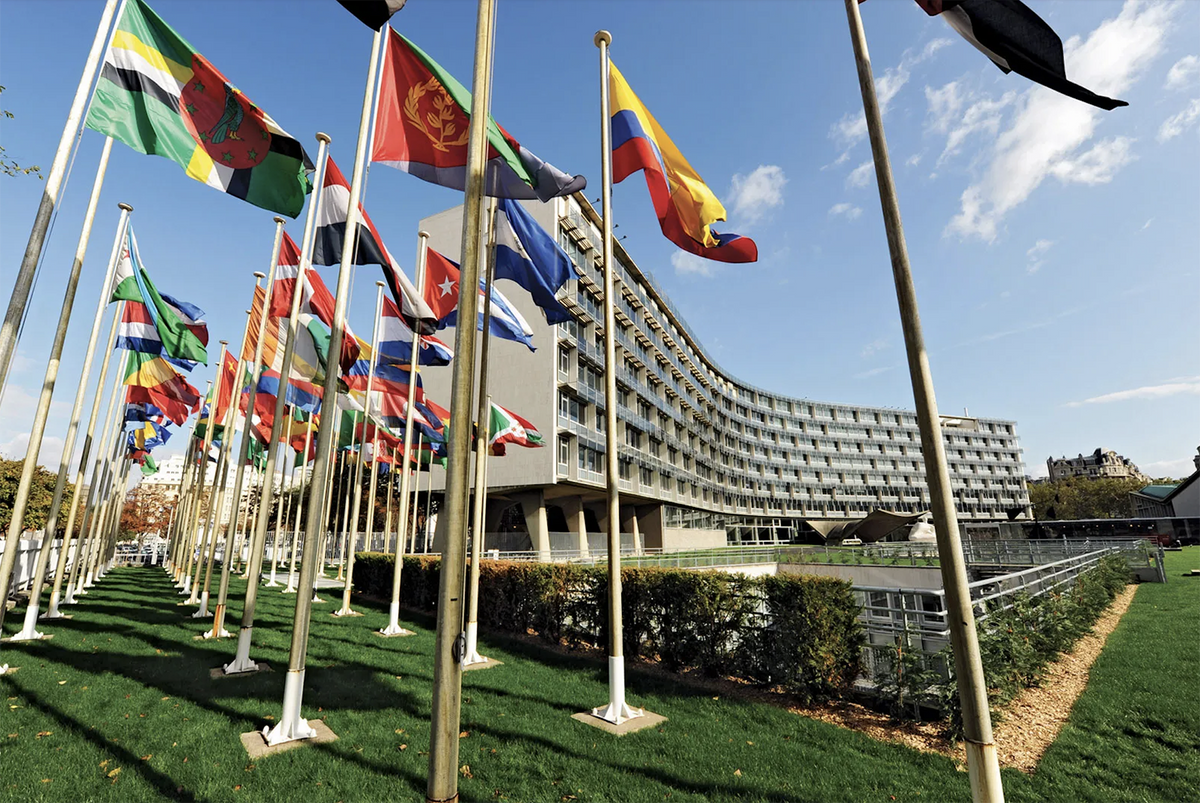On 22 November Russia resigned its chairmanship of the World Heritage Committee, citing the impossibility of pursuing its mandate. The successor is the Saudi ambassador to Unesco, Princess Haifa bint Abdulaziz Al-Mogrin, who will also chair the executive board programme and external relations commission.
The World Heritage Committee, which is responsible for implementing the World Heritage Convention that is supposed to watch over the 1,154 World Heritage Sites, from the city and lagoon of Venice to the temples of Angkor Wat, has been at a stalemate since the invasion on 24 February of Ukraine because of a boycott by most members of this intergovernmental committee as long as Russia was in charge. After an unsuccessful attempt to appoint a new chair, the annual meeting, due to take place in June in the south-west Russian town of Kazan was cancelled, as were the celebrations in Florence of the 50th anniversary of the adoption of the World Heritage Convention, an event promoted by Unesco and the Italian government.
The rules dictate that the chairmanship passes to the next country in alphabetical order, in this case Saudi Arabia, which happens to favour Russia’s interests, both countries collaborating within Opec to keep oil prices high, while Russia voted against a UN resolution to continue investigating human rights violations by Saudi Arabia in Yemen and refused to condemn Prince Mohammed bin Salman for the murder of the journalist Jamal Khashoggi.
Unesco, like the UN, has failed to denounce Russia by name for the war in Ukraine, merely providing an updated list of the sites damaged. As of 7 December, the tally was 100 religious sites, 17 museums, 79 buildings of historical or artistic interest, 19 monuments and 10 libraries (not including the seven World Heritage Sites in the country). The force of both reports is diminished by the caveat “these data do not commit the organisation”, and the statement that it is developing “a mechanism for independent coordinated assessment of data in Ukraine, including satellite image analysis, in line with provisions of the 1954 Hague Convention for the Protection of Cultural Property in the Event of Armed Conflict” without revealing what progress, if any, has been made in this regard over the six months between the first report and the second.
The politically opposed positions held by member states over the war were revealed at the executive committee, which met on 15-19 October. A punchy, first-hand account was presented of the condition of the heritage and environment in the Crimea and Ukraine that freely referred to Russia’s aggression and to Unesco’s actions to protect the country’s heritage. But when a vote was taken on whether to invite the Unesco director-general to update the situation at the next meeting, only 19 countries were in favour (Austria, Botswana, Chile, Cook Islands, France, Germany, Hungary, Iceland, Italy, Japan, Lithuania, Mexico, Netherlands, Poland, Republic of Korea, South Africa, Spain, Switzerland and Turkey); three were against (China, Russia and Myanmar), and 28 abstained (Afghanistan, Angola, Argentina, Brazil, Democratic Republic of the Congo, Dominican Republic, Egypt, Ghana, Grenada, India, Jordan, Kenya, Kuwait, Kyrgyzstan, Namibia, Pakistan, Paraguay, Saudi Arabia, Senegal, Serbia, Thailand, Togo, Tunisia, United Arab Emirates, United Republic of Tanzania, Uruguay and Vietnam).
This illustrates how today’s fracture in international politics is influencing the conservation of cultural and natural heritage and how far Unesco has wandered from the principles underlying the World Heritage Convention of 1972 to protect the sites as a common good. Member states have gradually been transforming what was a technical and professional approach into a political one, with alliances and secret deals to get sites accepted onto the World Heritage Site list and to avoid sanctions where a site is being mismanaged.
At the 2021 World Heritage Committee no expert was allowed to take the floor and the only debates were between ambassadors to Unesco, in spite of a formal requirement that experts be appointed as delegates. Thus, for example, Venice and its lagoon escaped yet again being put on the Heritage at Risk list despite the devastating threat to it from sea-level rise.
The open-access book 50 Years World Heritage Convention: Shared Responsibility – Conflict & Reconciliation, by Roland Bernecker and Nicole Franceschini and others, published this year by Springer, charts the degeneration of the World Heritage idea since the convention was signed by 194 nations in 1972. It describes how, “States party to it are getting used to dealing with it as proxy for power and international conflict” and the underlying reason for this is that “The global narrative of World Heritage is slowly being corrupted”. “Nationalism is undermining the architecture of international cooperation”, it concludes.


